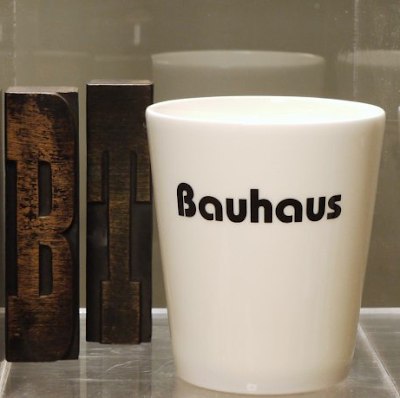 Julie Morgenstern
Julie Morgenstern wrote
Never Check E-Mail in the Morning — which I have not read, so this is
not a book review! But
Lifehacker summarizes her point this way:
Julie Morgenstern suggests spending the first hour of your workday email-free. Choose one task — even a small one — and tackle it first thing. Accomplishing something out of the gate sets the tone for the rest of your day and guarantees that no matter how many fires you’re tasked with putting out the minute you open your email client, you still can say that you got something done.
Sid Savera, a personal development trainer, agrees. He says:
When it comes to email, ignorance is bliss. That’s why if you’ve got something important you want to make progress on, I have these four words for you: Don’t check your email. As soon as you get up, work on something important for 30-45 minutes, and only then check it. If you can stand it, wait even longer. Some days I don’t check email at all until after lunch.
Sid goes on to provide seven reasons he thinks it’s a bad idea to check email first thing. He does realize that sometimes you are expecting an urgent email, so he gives you one out: It’s OK to check for something specific, as long as you limit yourself to about five minutes — and that one specific email.
But not everyone agrees! Here’s
David Allen, of
Getting Things Done fame:
If I never checked email in the morning, I would not be where I am, which is a nice place.
Sarah Rapp explains that she tried working on her Most Important Task first — and while she saw advantages, she also had some issues with this approach.
Even as I worked away, all of those unanswered emails loomed large. I dreaded finding out how many messages had piled up in my inbox. When I did finally tackle my email, it was a bit oppressive, and took far longer than usual to plow through because I had less mental energy.
What wound up working for Sarah was to spend 30 minutes on email, handling the urgent items, before moving on to spend an uninterrupted two to three hours on that Most Important Task.
Karyn Greenstreet says:
As a small business owner, I have a HUGE reason for reading email first thing in the morning: my customers matter to me more than anything. Most of my clients, students and mentoring group members communicate with me via email, so taking care of their needs first thing in the morning is simply good customer service. ... I read email first because it’s when I’m the freshest and smartest. Do you really want to be writing emails when your brain is fuzzy?
She goes on to explain that she makes sure she’s spending that early-morning time on the important emails, not
all email.
Organizer Lorie Marrero points out that there can be very important reasons to check email in the morning. Some examples: A client may have written to cancel an appointment. She may have gotten an email notice telling her that her website was down. A reporter, working on deadline, might want to contact her. But Lorie also notes this:
There is a difference between “checking” email and “processing” email. To me, checking means seeing what has come through and noting anything that might be an urgent matter that needs attention. Processing means “doing” your email — replying, getting sucked in.
Lorie says you can check for those urgent items and then go about your project-oriented work.
Personally, I side with Sarah, Karyn and Lorie. I check email first thing in the morning; I’d be horribly antsy if I didn’t. And that doesn’t mean I get sucked into spending hours dealing with every single email when I have higher-priority things to work on; it just means I’m being responsive to the limited number of people who are either relying on me for a reply or offering me an opportunity.
If I intended to just do a quick email check to handle critical items, but knew I tended to get sucked into reading and replying to more than just those few items, I might set a timer to remind me when my first-thing-in-the-morning email time was up and it was time to move on.
But we all have different needs and preferences. You may want to experiment with different approaches — but then do whatever works best for
you!















